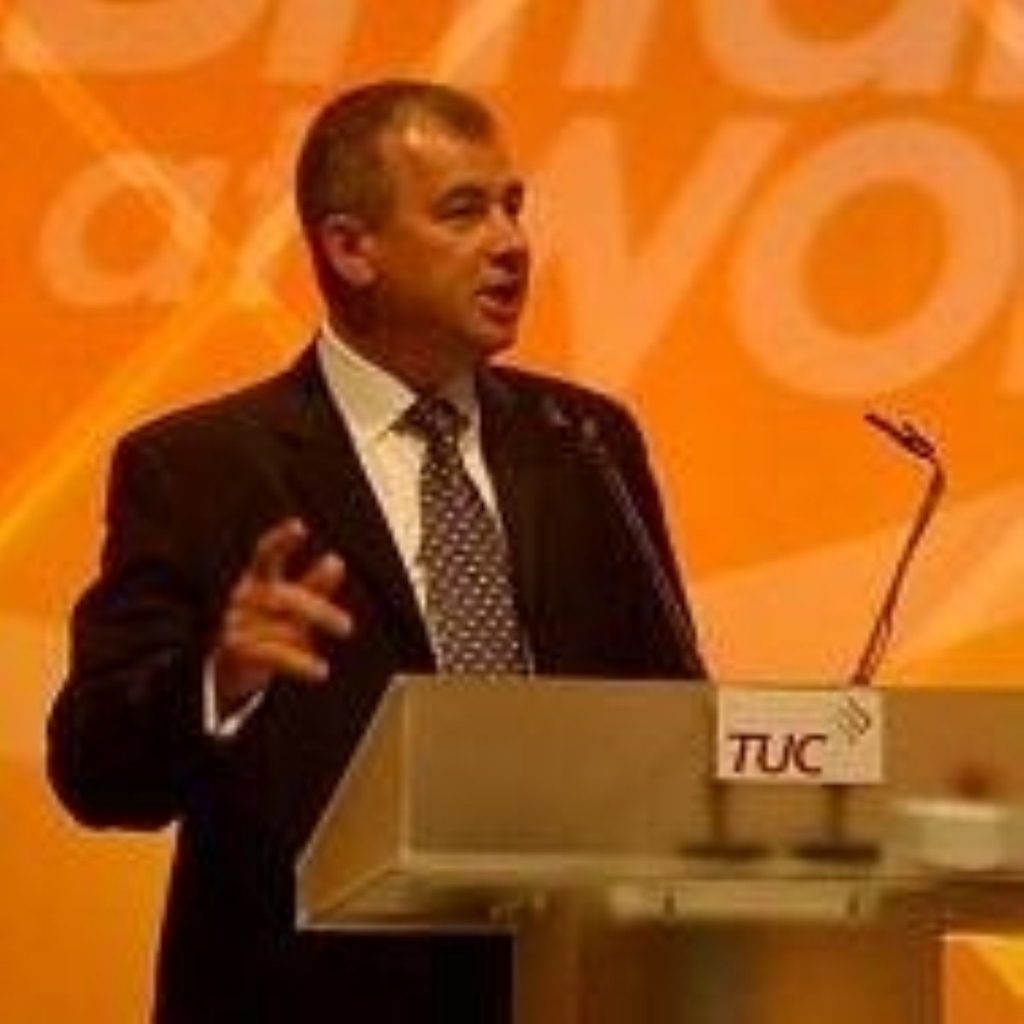Unions: Govt will pay over public pay deal
The general secretary of the Trades Union Congress (TUC) today warned the government it will pay “a real political price” over its public pay deal strategy.
Speaking on the Today programme, Brendan Barber said: “Public sector workers feel they are being picked on.
“Corporate Britain is simply not paying its fair share.
“It’s not about the unrest, it’s about the demoralisation. And the government will pay a real political price,” he added.


The comments come a day after Derek Simpson, joint general secretary of Unite, called the government’s two per cent public sector pay cap “a disgrace”.
Gail Cartmail, Unite assistant general secretary, said: “Our members work hard to keep this country up and running. They should not be forced to take the blame for inflation.”
The increasingly shrill tenor of the debate on public sector pay is partly a result of deteriorating economic conditions, and partly a symptom of the Labour party’s increasing weakness.
A debate within the party is still raging as to whether it should turn right or left following a record low poll ratings and a crushing defeat in the Crewe and Nantwich by-election, and unions are starting to flex their muscles.
Insiders stress Gordon Brown has no intention of backing down on the cap, which would be interpreted by the media as a move to the left. But Labour’s finances are perilously in the red, and the unions remain the party’s main source of funding.
In a related development, members of UNISON and the Royal College of Midwives accepted the government’s three year pay deal today.
Dame Karlene Davis, general secretary of the RCM, said: “We have got to respect the wishes of the members of these organisations and I sincerely hope that this gives them a fair reward for their efforts and dedication, despite the reported low turnout in both ballots.
“However, we think this is a bad deal for midwives and other NHS staff, because rising inflation and cost of living expenses mean that accepting this deal is accepting a pay cut.”












